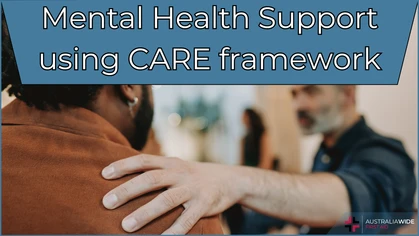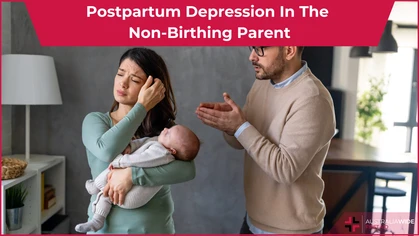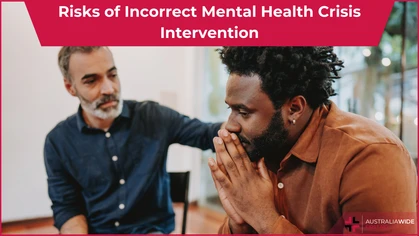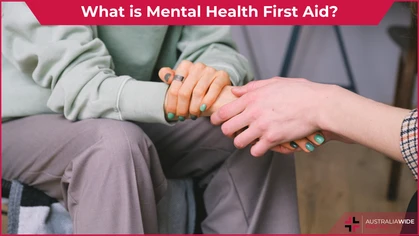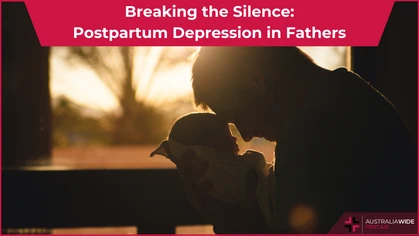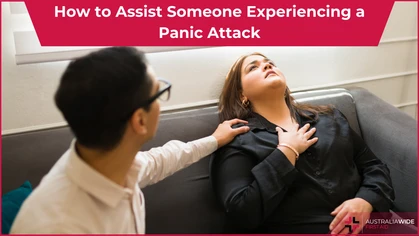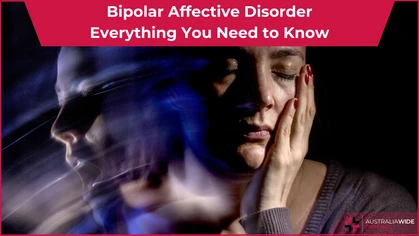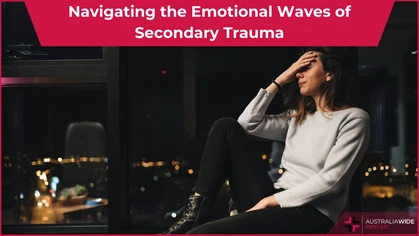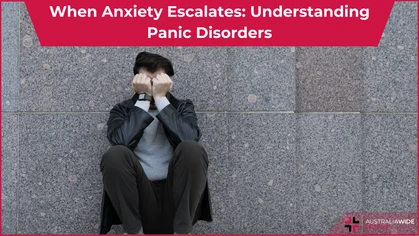Depression: Signs, Symptoms, and Treatments

Mental Health
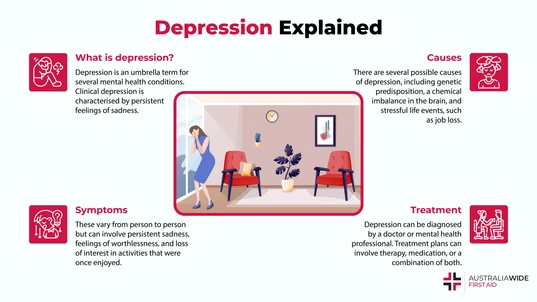
Depression is a type of mental health condition generally characterised by persistent low moods. Depression is more than just feeling sad - it can have a significant impact on people's livelihoods. However, there are several treatment options available.
Depression is a mental health condition that affects millions of people around the world. It can cause a wide range of symptoms, which can make it difficult to diagnose. Depression is often triggered by stressful life events, but there are many other possible causes. In some cases, depression may be caused by a chemical imbalance in the brain. Depression can affect people of any age, but it is most common in adults and teenagers. The good news is that depression is treatable, and most people who receive treatment experience a significant improvement in their quality of life. If you think you may be suffering from depression, please see your doctor for help.What is Depression?
Depression is a mental health condition that causes a wide range of emotional and physical symptoms. These symptoms can vary from person to person, and they may come and go over time. Depression is more than just feeling sad or down – it can have a significant impact on your life.Types of Depression
There are different types of depression, which can be classified based on their symptoms and duration. Major depressive disorder is the most common type of depression, and it is characterized by a persistent low mood that lasts for at least two weeks. Other types of depression include dysthymia (a less severe form of depression that lasts for at least two years), postpartum depression (a form of depression that can occur after childbirth), and seasonal affective disorder (a form of depression that occurs during the winter months).Depression in the Brain
Depression is thought to be caused by a chemical imbalance in the brain. This imbalance may be caused by a number of factors, including genetic predisposition, stress, and medical conditions. The exact cause of depression is not fully understood, but it is believed that a combination of these factors plays a role. Pathways in the brain of those who have depression are different than in those who do not have depression. In particular, the hippocampus (a region of the brain involved in memory and learning) is smaller in people with depression. This may be due to changes in the way that brain cells grow and connect to each other, however research is still developing in this area.Risk Factors
There are a number of factors that can increase your risk of developing depression. These include:- A family history of depression
- Stressful life events (such as job loss, divorce, or the death of a loved one)
- Medical conditions (such as cancer, heart disease, or thyroid problems)
- Use of certain medications (such as beta blockers or isotretinoin)
- Substance abuse
Causes
There are many possible causes of depression. In some cases, it may be caused by a chemical imbalance in the brain. Other possible causes include:- Genetic predisposition: Some people experience depression due to an expression of genes within their family.
- Stressful life events: stressful life circumstances, such as job loss or divorce, can trigger depression.
- Medical conditions: some medical conditions, such as cancer or heart disease, can lead to depression.
- Use of certain medications: certain medications, such as beta blockers or isotretinoin, can cause depression.
- Substance abuse: substance abuse, such as alcohol or drug abuse, can lead to depression. This is because substances can change the way that brain chemicals work, which can impact mood.
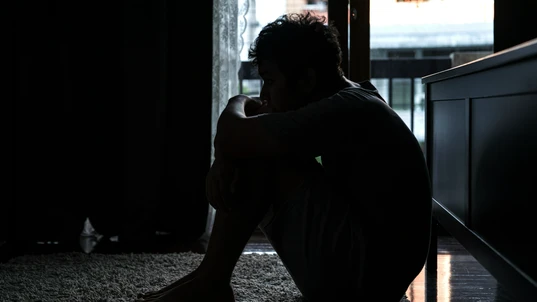
There are many different types of depression, the symptoms of which can vary on an individual basis. It is commonly characterised by persistent feelings of sadness, worthlessness, and difficulty concentrating.
Symptoms
The signs and symptoms of depression can vary from person to person. Some people experience only a few symptoms, while others may experience many. The most common symptoms of depression include:- Persistent low mood or sadness
- Loss of interest in activities that were once enjoyed
- Feeling tired all the time
- Sleeping more or less than usual
- Changes in appetite or weight
- Difficulty concentrating
- Feeling worthless or guilty
- Thoughts of death or suicide
Diagnosis
A diagnosis of depression is made by a doctor or mental health professional. They will ask about your symptoms and medical history. A physical examination may also be conducted to rule out other causes of your symptoms. If you are diagnosed with depression, your doctor will likely recommend a treatment plan. This may include medication, therapy, or a combination of both. It is important to follow your treatment plan and to talk to your doctor if you are having difficulty. Depression is a serious condition, but it is treatable. If you think you may be depressed, talk to your doctor. They can help you get the treatment you need.Treatment
There are many different types of treatment available for depression. The most common treatments are medication and therapy.- Medication: Medication can be used to treat depression. Antidepressants are the most common type of medication prescribed for depression. They work by balancing chemicals in the brain. It is important to talk to your doctor about the risks and benefits of medication before starting any new prescription.
- Therapy: Therapy can be an effective treatment for depression. It can help you understand your thoughts and emotions, and it can teach you how to manage your depression. There are many different types of therapy, so it is important to find one that is right for you.
Supporting Someone with Depression
If you know someone who is depressed, there are many ways you can help. The most important thing you can do is to be supportive and understanding. You can also offer to help with day-to-day tasks, such as grocery shopping or cooking. Additionally, you can encourage them to seek professional help. Mental health crises can be very scary, and it is important to know how to respond. A first aid course can teach you how to deal with a mental health emergency. It can teach you how to stay calm and how to help the person in crisis. It is important to remember that you are not a therapist, and you should not try to diagnose or treat the person. Your main goal is to keep them safe and calm until help arrives. Depression is a serious condition that can have a negative impact on your life. However, it is also treatable. If you are experiencing symptoms of depression, it is important to seek help from a doctor or mental health professional. There are many different types of treatment available, so there is sure to be one that will work for you. You don’t have to suffer in silence – there is help available.Recommended Resources
If you are interested in finding out more about managing your mental health, check out the following articles in our Resource Library:
Originally published at
https://www.australiawidefirstaid.com.au/resources/depression-signs-symptoms-treatments
as part of the Australia Wide First Aid Articles Library

